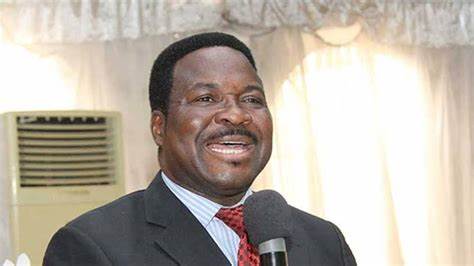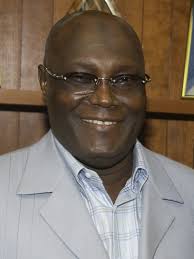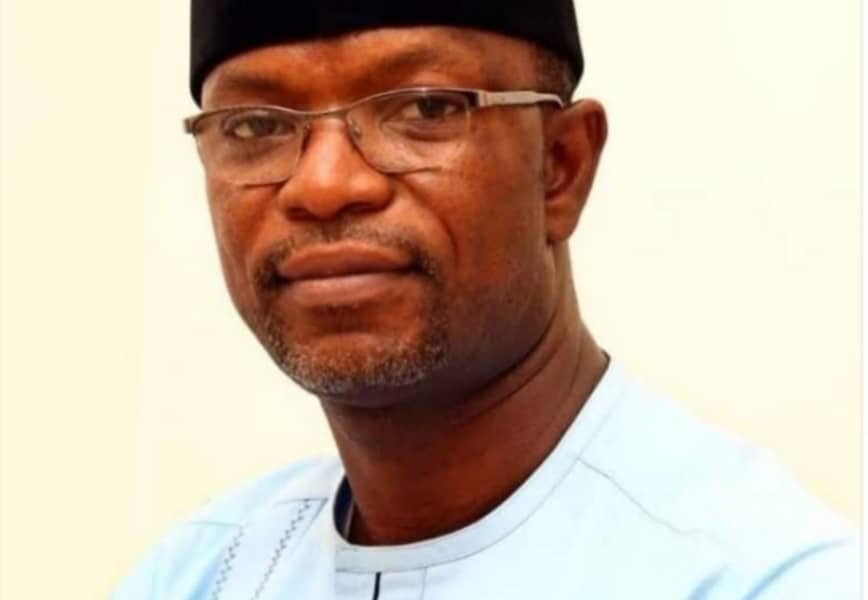BY
PROF. MIKE A. A. OZEKHOME, SAN, CON , OFR, FCIArb, LL.M, Ph.D, LL.D, D.Litt, D.SC, DA, DHL
INTRODUCTION
When on October 1, 1960, Nigeria gained her independence from British colonial tutelage, the Union Jack was lowered and replaced with Nigeria’s Green White Green Flag. A new National anthem, “Nigeria, we hail thee”, was introduced. The anthem with three stanza was written by a Briton, Frances Berda, whilst Lilian Jean Williams composed the lyrics. This anthem was to last till 1978 when the then Head of State, General Olusegun Obasanjo, GCFR, caused it to be replaced with a new National anthem titled “Arise, O Compatriots”. Only 29th May, 2024, the President, Bola Ahmed Tinubu, assented to a bill, rather rapidly passed by the National Assembly (NASS), bringing back the old “Nigeria, we hail thee” anthem which has evoked so much passion and nostalgia.
A wide spectrum of the society has criticised the President and the National Assembly for pursuing with such vigor, the replacement of the existing National anthem with the old one. Their argument is simply that, whether old or new, none of the National anthems has brough food to the tables of any Nigerian or constructed our dilapidated roads; or stabilised the Naira which continues to dance like the Esan Egbabonalimin Acrobat, to music only it can understand. They argue that a mere change of the National anthem has not brought about good healthcare service; quality education to our teeming youths; nor security and peace to a country ravaged and rampaged by Boko Haram, insurgency, armed banditry, kidnapping, hunger, thirst, melancholy, hopelessness and haplessness of the average Nigerian man and woman.

The antagonists argue that the rate of inflation in Nigeria today which stands at an incredible 33.20% in March, 2024, is economically and socially strangulating as against United States’ 3.36%; the United Kingdom’s 2.30%; China’s 0.30%; Germany’s 2.40%; France’s 2.40% and EU’s 2.60% inflation rate. They argue that singling out the issue of National anthem from a myriad of more serious multifaceted challenges plaguing Nigeria is a mere narcissistic distraction employed by a government that appears to have no answers to Nigeria’s burning problems. Such Nigerians cannot understand why they should be concerned about the National anthem when rice sells for over N90,000 per bag and when prices of soup condiments like atarodo, tatashe, onions, palm oil, tubers of yam and our main staple food, garri, not to talk of bread, have since spiraled out of the reach of the average Nigerian.
While I share these strong sentiments, many of them well-placed, I however disagree that changing to the old National anthem was not a step well taken. I give kudos to President Tinubu and the National Assembly for passing the bill into law. For historical purposes, what the President and the National Assembly just did on 29th May, 2024, was actually my idea 10 years ago, when on the floor of the 2014 National Confab which was headed by the now late Justice Idris Legbo Kutigi (JSC) Rtd, with his deputy as Prof Bolaji Akinyemi, and the Secretary as Dr. Mrs Valerie Azinge, SAN. Just like Nostradamus, the man who saw into the future, I had moved a motion on Wednesday, 2nd July, 2014, calling for the replacement of “Arise, O Compatriots” with “Nigeria, we hail thee”. Some of the reasons I gave, which I repeated on 27th May, 2024, at the public hearing organized by the Senate during my contribution to the debate, is that the old National anthem possesses more nationalistic fervor, more patriotic gravitas and more inclusive and aggregative tendencies for a country yearning for nationhood than the bland and colourless “Arise, O Compatriots” which did not and could not energise Nigerians to see themselves as one people under one God.
When I moved the said motion at the 2014 Confab, it was hotly debated and unanimously and consensually carried by the 492 delegates to the National Confab that presented Nigerians from all strata of the society – Federal Government; States; LGAs; Elderstatesmen and women; youth; students; civil societies; Labour; Trade Unions; traditional rulers; professionals; technocrats; private and public sectors; the military; civilians; the Executive; the Legislature; the Judiciary; the disabled; the civil service; the academia; the foreign service; members of the diplomatic corps; the Police; the market men and women and more.
Spontaneously, the entire venue at the National Judicial Institute, Abuja, erupted when all the delegates stood up and made a clear rendition of the said old National anthem of “Nigeria, we hail thee”. There was something unusual about the unconstrained reaction; something simply unspeakable. It was like the scene of a football field featuring Nigeria and another country where all Nigerians buy into our victory irrespective of tribe, language, religion or class. This was the type of reaction which the late Dr. K.O. Mbadiwe would describe as leading to “national resurgimiento”. It was one of the very few items on which Nigerians built a consensus. This is what the newly brought back National anthem of Nigeria, we hail thee epitomizes. I had gone ahead in 2017 to author a 406 paged book titled, “Nigeria we hail thee”, a book that discussed in its entirety, the 2014 Confab from its genesis to its revelation. At pages 268-271 of the book, I had specifically discussed the need to revert to the “Nigeria, we hail thee” National anthem. I had even suggested that Nigeria’s name be changed to “Airegin”, a right-to-left pronunciation and spelling of Nigeria. I had also proposed that the national flag be changed to the original design that had the same green-white-green colours, but with a rising sun that shoots rays of light to all corners of Nigeria. While the latter two suggestions did not sail through, that of the National anthem did. I therefore believe that the 2014 National Confab should be given full recognition and kudos for at least having one of its over 600 recommendations adopted, even if a whooping 10 years later. Nothing good is ever too late. This reintroduced anthem will serve as a soothing balm to massage our bruised and fractured country still yearning for nationhood. Let us see and hear the lyrics to be able to capture this passion:
Nigeria, we hail thee,
Our own dear native land,
Though tribe and tongue may differ,
In brotherhood, we stand,
Nigerians all, and proud to serve
Our sovereign Motherland.
Our flag shall be a symbol
That truth and justice reign,
In peace or battle honour’d,
And this we count as gain,
To hand on to our children
A banner without stain.
O God of all creation,
Grant this our one request,
Help us to build a nation
Where no man is oppressed,
And so with peace and plenty
Nigeria may be blessed.
The anthem from the lyrics and composition recognizes that Nigeria



